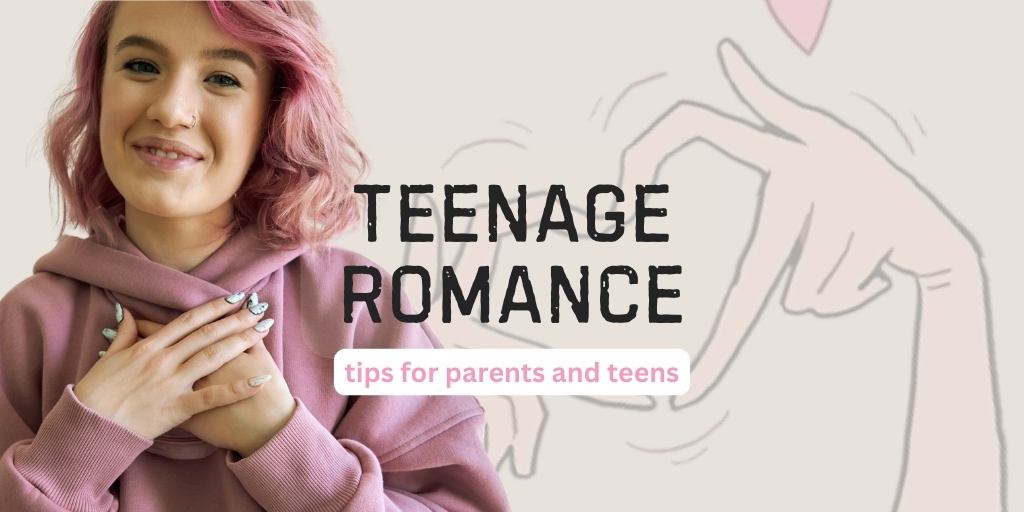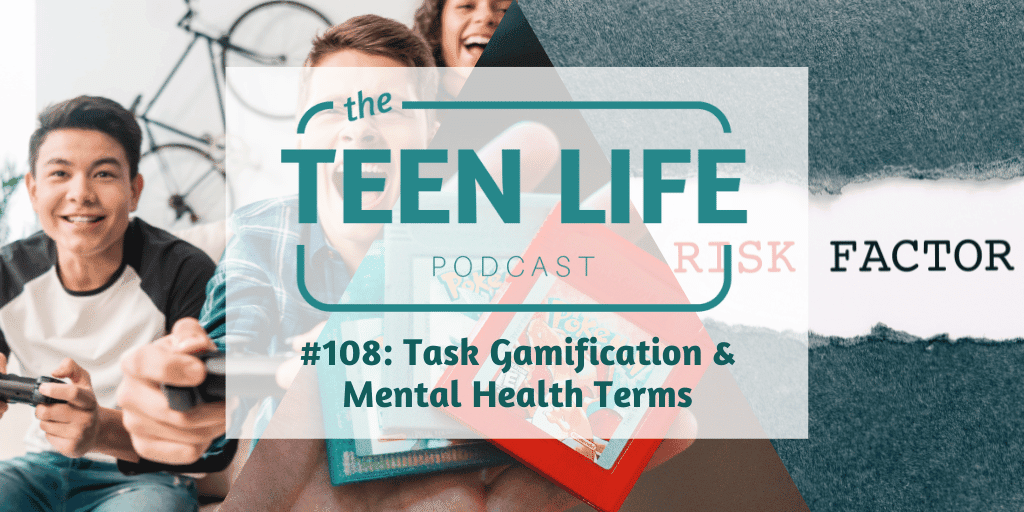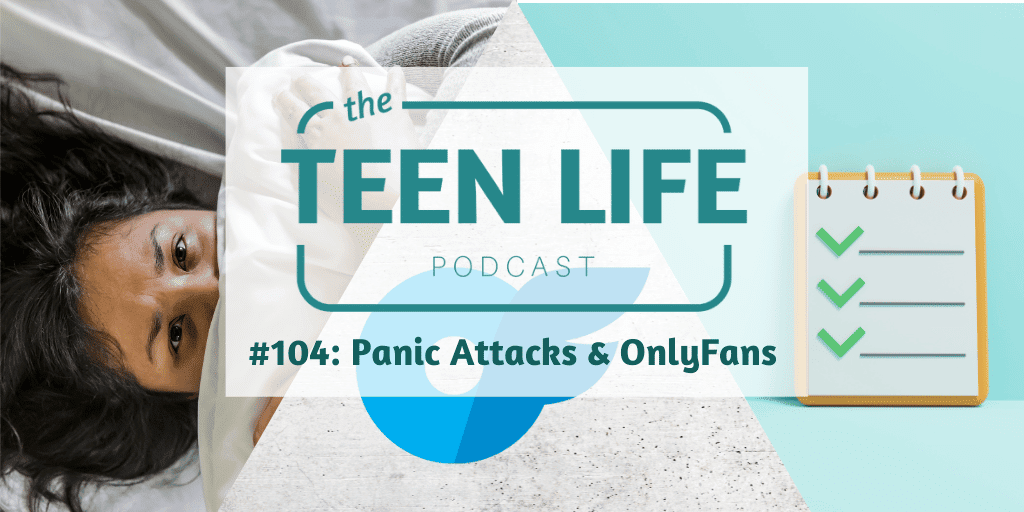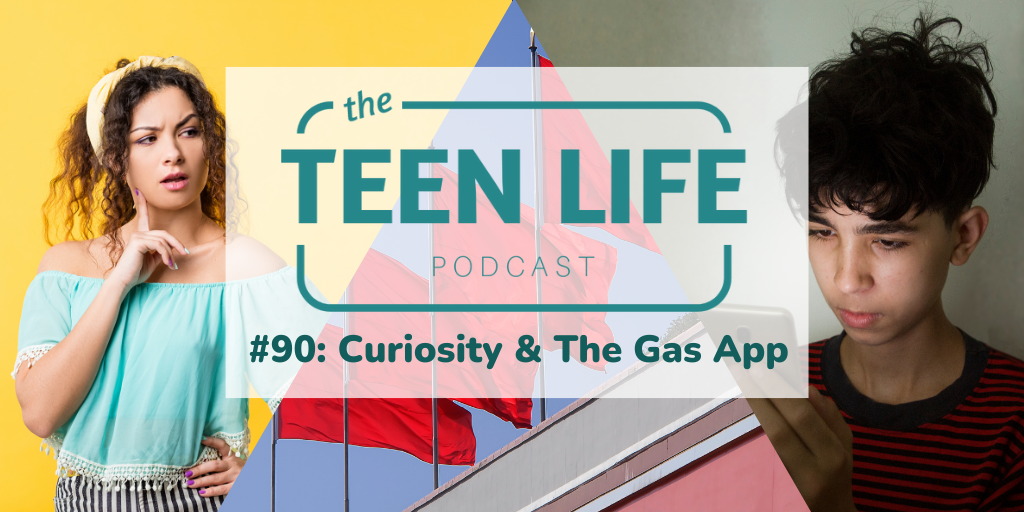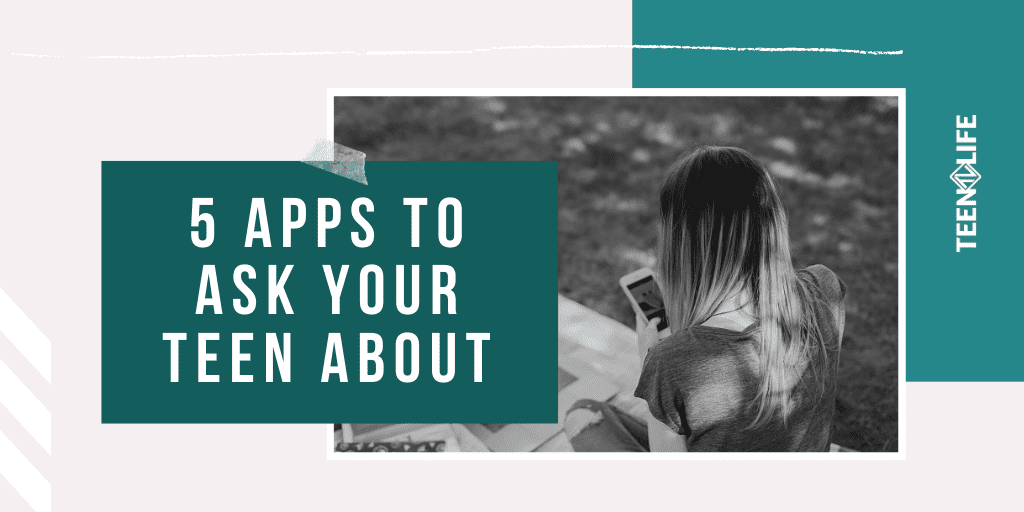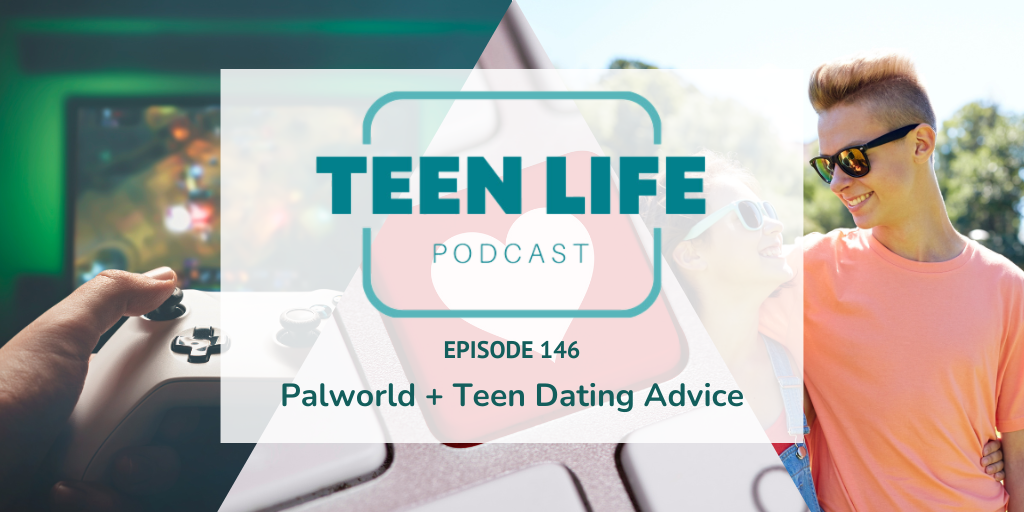
Palworld + Teen Dating Advice | Ep. 146
Podcast: Play in new window | Download
Teen dating terms and tips every parent should know.
What advice would you give your teenage self about dating?
Despite vast changes in the romantic landscape, the emotional high of teen romance is universal. If anything, it’s amplified by being constantly connected, a heightened sense of vigilance, and a lack of commitment or trust. Teenagers are dealing with all the dangers and emotional disconnect of a techno world, adding to the emotional stress of being a teenager.
So what can parents and other caring adults do to help?
The number one desire of nearly every teenager is a caring adult who is willing to listen! Listening without judgment is the first step to helping teens navigate relationships in a healthy, constructive way.
That said, here’s our top advice for teens to stay healthy in dating relationships:
Dating should be a thrilling experience filled with laughter, butterflies, and meaningful connections. To help make the most of the dating journey, here are some essential tips to keep in mind.
Embrace the Fun
Dating should be a source of joy and excitement, not stress or pressure. Remember, it’s okay to feel nervous, but try to focus on the positive aspects of getting to know someone new. Keep things light-hearted, enjoy each other’s company, and don’t forget to laugh along the way. The goal is to create memorable experiences and forge connections that bring happiness into your life.
Maintain Your Independence
While it’s exciting to spend time with a romantic partner, it’s essential to retain your sense of independence and nurture your friendships. Don’t let your relationship consume all of your time and energy. Continue pursuing your interests, hanging out with friends, and prioritizing your own well-being. A healthy relationship should complement your life, not overshadow it.
Set Clear Boundaries
Establishing boundaries is crucial in any relationship, especially during the early stages of dating. Be upfront about your expectations and limits from the beginning. Boundaries aren’t just about physical intimacy; they also encompass emotional needs and personal space. For example, you might decide to take things slow, refrain from discussing long-term commitments like marriage, or set limits on the amount of time you spend together to ensure you maintain a healthy balance in your life.
Be mindful of each other’s feelings, thoughts, and personal space. Avoid pressuring your partner into sharing more than they’re comfortable with or making assumptions about their emotions. Healthy communication and empathy are key to navigating emotional boundaries and building trust in your relationship.
Prioritize Your Time
It’s essential to maintain a sense of balance in your life. Make sure to allocate time for your friends, family, hobbies, and responsibilities outside of your relationship. Setting aside designated time for these activities not only enriches your life but also prevents you from becoming overly dependent on your partner for fulfillment.
Listen to the full conversation on the podcast or you can read more tips in our blog post Teenage Romance: Tips for Teens and Parents!
Teen Terms Translated
Situationship: According to dictionary.com, “A situationship is often discussed as being similar to a friends-with-benefits relationship, which usually involves sexual activity without a commitment to be exclusive to each other. A situationship is often described as a relationship that is more than friendship but less than a committed relationship.”
Ick: The ick is a sudden feeling of disgust that seems to come out of nowhere. It can happen when a dating partner does or says something that makes them suddenly unattractive.
Red flag: Like it sounds, a red flag signals that something is not ok. It suggests that there is something unhealthy or even dangerous about a person or a relationship.
Green flag: A green flag is an enthusiastic endorsement of a person or relationship. It’s the idea that it might be true love.
Beige Flag: It’s not a red flag level concern, but a beige flag is something that just leaves you wondering why someone would post something. It can also be a beige flag for someone or something that is lacking in personality or is just “blah”.
Pink Flag: A pink flag is something that seems like a red flag at first, but after getting to know the person, there’s enough clarification to say that it’s really ok.
Also in this episode:
- Palworld is the latest in popular online gaming for teens.
- Taylor Swift is furious after a social media challenge led to explicit deepfakes of her circulating on Twitter.
- Did you know? Apple recently updated everyone’s phone and installed the Journal app, which allows teens and adults to save photos and text behind a password, regardless of parental controls.
- BeReal streaks– what are they and are they a good thing?
In this episode, we mentioned or used the following resources.
- Palworld
- Defiance Act of 2024
- NBCNews: Nude deepfake images of Taylor Swift went viral on X, evading moderation and sparking outrage
- Apple: Journal App
- BeReal: Streaks
- Teen Life Podcast: Deepfakes | BeReal
- Teen Life Blog: Teenage Romance: Tips for Teens and Parents
- Podcast music by Luke Cabrera & Tobin Hodges
Have a question?
If you have a question about something you heard or just want to give us some feedback, please leave us a comment below. We would love to hear from you!
About Us

Karlie Duke
Director of Communications

Tobin Hodges
Program Director

Caleb Hatchett
Podcast Host
Caleb Hatchett | Podcast Co-Host
Caleb loves helping teenagers take ownership of their faith and relationships. He graduated from Abilene Christian University with a degree in Youth and Family Ministry and is currently Student Ministry Director at Jenks Church in Oklahoma.
Karlie Duke | Director of Communications
Karlie has always had a heart for teenagers. Through her role at Teen Life, she loves to showcase the amazing stories coming out of Support Groups, but she is especially passionate about helping adults and teenagers find connection. Karlie has a BS in Communications with a minor in Family Studies from Abilene Christian University.
Tobin Hodges | Program Director
Tobin’s entire career has been centered around students and teens from all walks of life. He has a passion for helping teens be their best selves. As Program Director, he loves working directly with school staff and students through Teen Life Support Groups. Tobin has a Bachelor’s Degree in Music from Texas Tech University.











